New Dimensions and Approaches in Extension Pluralism for Rural Development
Synopsis
With 72.21 per cent of the one billion plus population living in 6.38 lakh village of India, rural economy deserves the focus of all extension efforts. Though the rural economy, primarily agrarian, has hitherto performed gallantly, the current state of Indian agriculture provides a contrasting picture of low growth amid plenty. In this paradoxical situation, the profound influence of the market factors is greatly impacting the country's agriculture by gradually transforming conventional farming into agri-business and likewise farmers into agri-preneurs. IN this process, high value crops, horticulture, agro-industries, processing, agri-export, contract farming, community organizations etc., are getting much impetus. Owing o these developments, pluralism of extension service providers with diversity in their mission but unfield in vision assumes significance. Though public sector extension is still a main player, the situation is slowly but surely reversing with the government seeking increased partnership with the corporate sector to promote public-private partnership in extension services. Moreover, a role for a third sector ie., farmers and their organizations is also being increasingly emphasized so that users can take on more responsibility for extension. In addition, the ICAR institutes, State Agricultural universities, NGOs and banks with their own extension networks are observably setting new trends with respect to demand-driven and farmer-participatory extension. Though, promoting extension pluralism seems to be a panacea, it is also a pandora's box with several underlying issues. Particularly, relevancy, participation, linkage, outsourcing, cost sharing, terms of reference, quality control, accountability etc., are issues that need to be sorted out in relation to nature of services and target groups. In order to explore and debate on these contentious issues and associated factors, a "National seminar ion extension Pluralism for Rural Development" was held for two days, organized by the Society of Extension Education (SEE), TNAU (Tamil Nadu Agricultural University) campus, Coimbatore, Tamil Nadu. The Participants belonged to different parts of the country and they included mainly agricultural extension scientists of State Agricultural Universities, ICAR institutes, NGOs and students. The seminar deliberations centered around four important themes viz., Review of extension Pluralism, Linkage Mechanisms, Cost Sharing, and Policy Framework. Nearly hundred papers, both conceptual and research in nature were presented during the seminar, highlighting the various issues relating to extension pluralism and associated factors. Owing to the importance of the subject in the current agricultural scenario, with reference to the national and global changes, it was decided to publish selected papers presented in the seminar in book form. The papers included in the book cover a wide range of issues related to the seminar themes and associated aspects. Another feature is that the articles include research studies that have been conducted in different parts of the country. This book will be of value to agricultural scientists, extension personnel and development workers belonging to public, private, banking, NGO and other development sectors, as it provides new insights into the theory and practice of extension pluralism. Besides, students of agriculture and rural development, especially postgraduate students, will find the book a useful reference material.
Read more
45.00
40.5
$
50.00 $
Free delivery Wolrdwidе in 10-18 days
Ships in 2-4 days from New Delhi
Membership for 1 Year $35.00
Get it now and save 10%
Get it now and save 10%
BECOME A MEMBER
Books by the same authors

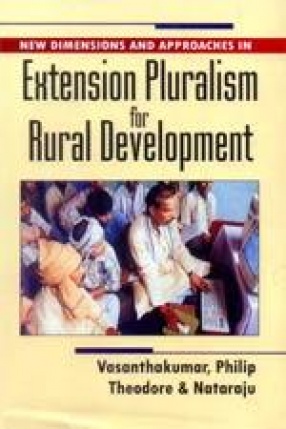
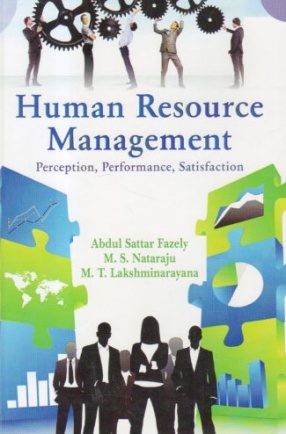
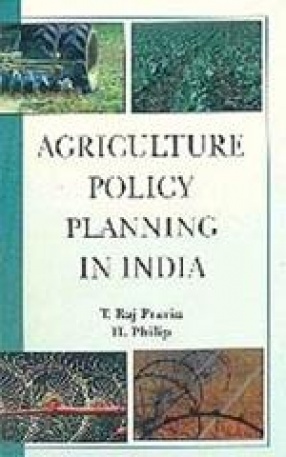
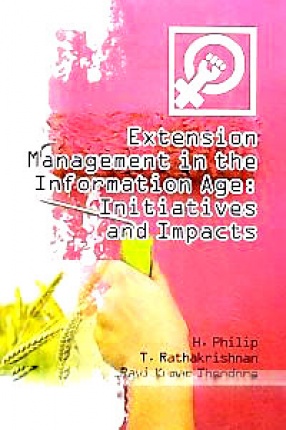

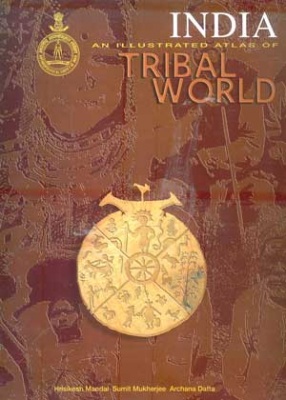
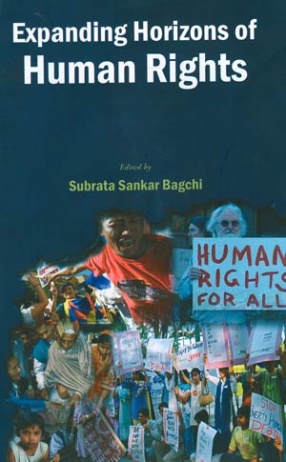
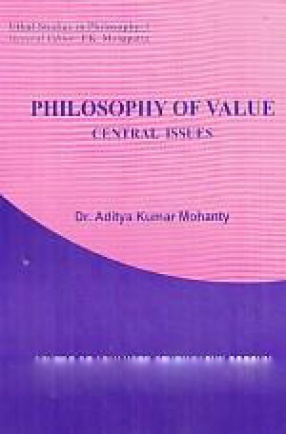

Bibliographic information
R.K. Theodore
H. Philip
J. Vasabthakumar